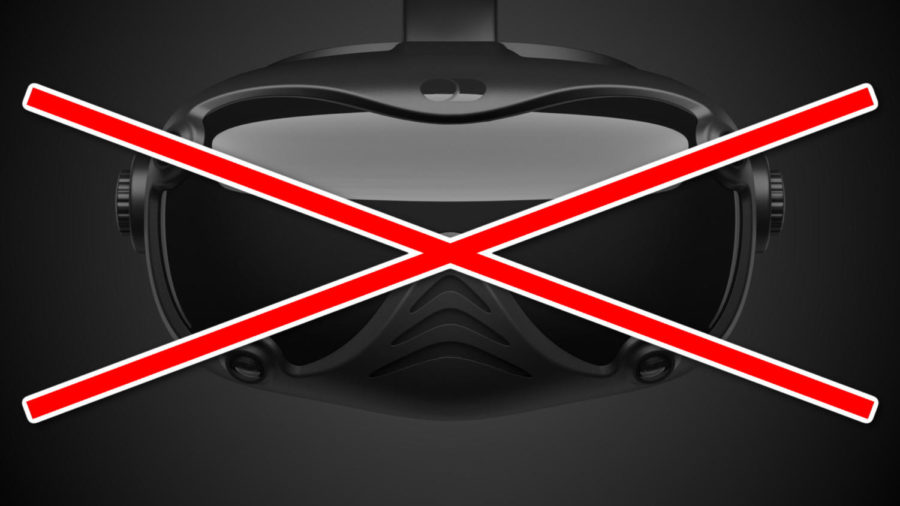Deca: virtual disappointment
The most promising piece of virtual reality technology just lost its chance at reality.
This piece is an update to a Hi-Times story from December of 2020, you can read it here
In October of 2020, virtual reality (VR) tech company Megadodo Simulation Games recently revealed their new DecaGear, a VR headset with a high-quality display, face tracking, finger tracking, and hip tracking, all for the low cost of $450. This device was very promising to VR enthusiasts as it was both a leap in technology and accessibility. The company also revealed the DecaMove, a hip tracker for use in VR, providing review copies to journalists and opening up pre-orders for the public. The tracker was a success in the media, with a “combination of frictionless software… and the ability to more fully concentrate on what you’re doing in a game… mak[ing] it a pretty easy recommendation for PC VR enthusiasts, pending a successful product rollout,” according to VR publication UploadVR.
After numerous delays and a period of silence from Megadodo, enthusiasts’ skepticism began to rise. On December 1, 2021, VR youtube content creator ThrillSeeker published a weekly news video, discussing some information about the DecaGear provided by an anonymous former Megadodo employee in the form of statements left as they exited the company. “It wasn’t a scam, but the marketing was greatly exaggerated and the company has pivoted,” claimed the former employee. “The Facial tracking module… was trained on 30 people… it should be trained on at least 300 for production level,” the anonymous tipper said in another message.
Somewhat shady business practices aren’t the only reason for the present issues. Global chip shortages (yes, the same ones affecting the markets for cars, computer components, and household appliances) also took their toll “This XR2 [a popular computer chip for standalone VR headsets] based version is getting delayed… because of issues with the supply chain,” the anonymous employee continued.
All of these messages are purely internal communications between employees and some coming directly from a former employee. As of the publication of this article, no official statements have been made by the company regarding this issue specifically.
On November 12, Megadodo founder and CEO Or Kuntzman posted an announcement regarding DecaGear’s development. “The shortage in the consumer electronics market affects badly small companies like us… Even if we solve the financial issues and produce the headset as is, its current price is ~$700… Even at $700, we don’t have a sustainable business model… First and foremost, we are not stopping, we are here, working. We have invested a lot of time, resources, passion, and money from our own pockets in this venture,” he said. This message is contrary to many of the claims made by the former employee.
The headset is currently set to launch in late 2022. If it does, it may be one of the most impressive VR headsets on the market. If it does not, peoples’ skepticism will be confirmed.





